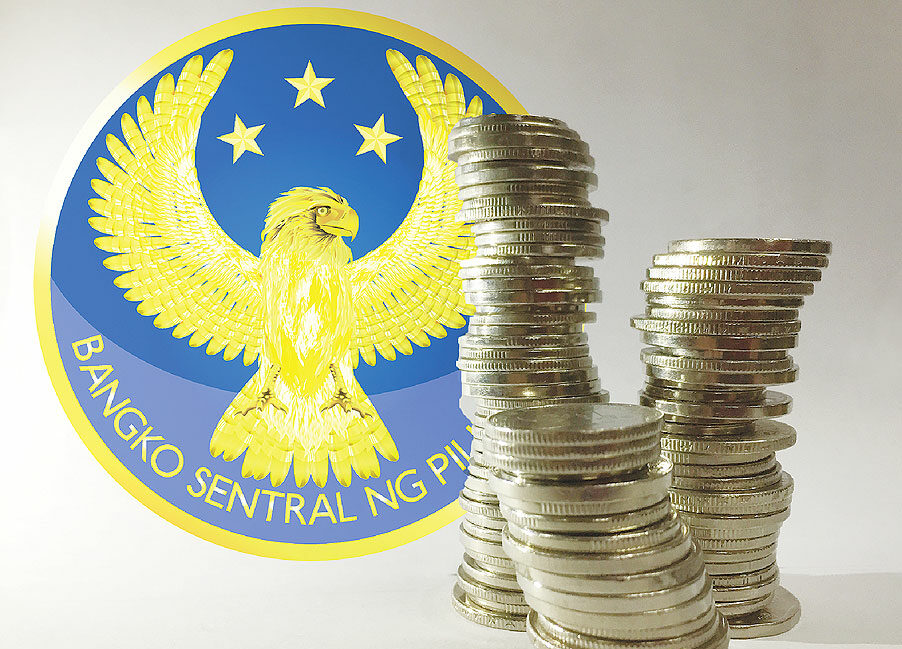Cybercrime is on the rise in the Philippines. In 2024 alone, authorities recorded 10,004 cybersecurity issues and complaints, with another 3,251 cases already filed in the first quarter of 2025.
From phishing scams and identity theft to AI-powered deepfakes targeting public figures and business leaders, the threat landscape is growing more sophisticated by the day.
This alarming trend sets the backdrop as the Philippines observes Cybersecurity Awareness Month this October. The nationwide campaign puts the spotlight on the escalating battle against digital threats and the urgent need for stronger defenses. It also underscores a critical reality: in today’s digital age, vigilance is not optional. Financial security and public trust depend on it.
Experts warn that these numbers are only the tip of the iceberg, as many incidents go unreported due to victims’ fear of stigma or lack of awareness about reporting mechanisms. This means the actual scale of cybercrime in the Philippines could be far larger than official statistics suggest.
Raising awareness, building defenses

Cybersecurity Awareness Month, officially celebrated in October to align with global standards, serves as an annual reminder for Filipinos to practice good “cyber hygiene” and responsible online behavior.
Led by the Department of Information and Communications Technology (DICT), this year’s cybersecurity activities include educational campaigns, webinars, and conferences designed to equip citizens and organizations with tools to navigate the digital world safely.
For the financial technology (fintech) sector, which handles vast amounts of sensitive consumer data, the stakes are especially high. Fintech firms remain prime targets for cybercriminals, making robust security systems a necessity for both survival and consumer trust.
The AFASA law: A shield for digital finance

At the heart of the country’s defense framework is the Anti-Financial Account Scamming Act (AFASA). This legislation requires banks and e-wallet providers to strengthen fraud management systems and adopt stricter safeguards for online transactions.
For fintech firms, compliance is more than just a regulatory obligation — it’s about protecting their most valuable asset: consumer trust. A single breach could devastate reputations and erode confidence in digital finance, making proactive security measures critical to business continuity.
Industry analysts note that AFASA could also serve as a model for future regional policies, especially as ASEAN nations collaborate more closely on cross-border cybercrime enforcement. Strengthening this kind of cooperation is key in a region where online financial activity is growing rapidly.
Whole-of-nation approach: Government–private sector synergy

The DICT has been scaling up cyber defenses under the National Cybersecurity Plan 2023–2028, which promotes a whole-of-nation approach to digital security.
At the center of this effort is the National Security Operations Center (NSOC), a 24/7 hub that monitors and responds to cyber incidents affecting government agencies. As of 2025, the NSOC has handled 3,925 incidents, successfully resolving 3,210 — an 82% resolution rate.
These government-led initiatives are further strengthened by public-private partnerships. Recently, the non-profit World Network partnered with the Philippine Computer Emergency Response Team (PH-CERT) to enhance cybersecurity awareness and reinforce protections for critical information infrastructure, especially within the financial sector.
World Network has also rolled out advanced solutions such as the World ID Orb, aimed at tackling emerging threats like bots and AI-generated deepfakes.
Rising threats, urgent calls against digital fraud

Despite these initiatives, the rapid escalation of cybercrime continues to raise alarms.
Advocacy groups such as Scam Watch Pilipinas have called on lawmakers to tighten regulations on social media platforms, highlighting the role of these channels in spreading deepfakes and other malicious content that undermine public trust.
Building a safer digital future
As the Philippines marks Cybersecurity Awareness Month, the message is clear: protecting the nation’s digital ecosystem is a shared responsibility. With strong legislation like AFASA, proactive DICT programs, and active collaboration from private industry, the country is laying the foundation for a more secure and resilient digital future.
The challenge, however, lies in keeping pace with the attackers themselves. Cybercriminals are constantly innovating, and the Philippines must ensure that its defenses evolve just as quickly. The success of these efforts will ultimately depend on sustained vigilance, cooperation, and a culture of cybersecurity that reaches every Filipino household.
FintechNewsPH stands with the Philippine government and private sector partners in this mission and reaffirms its commitment to fostering a safe, trustworthy, and inclusive digital environment for every Filipino.








